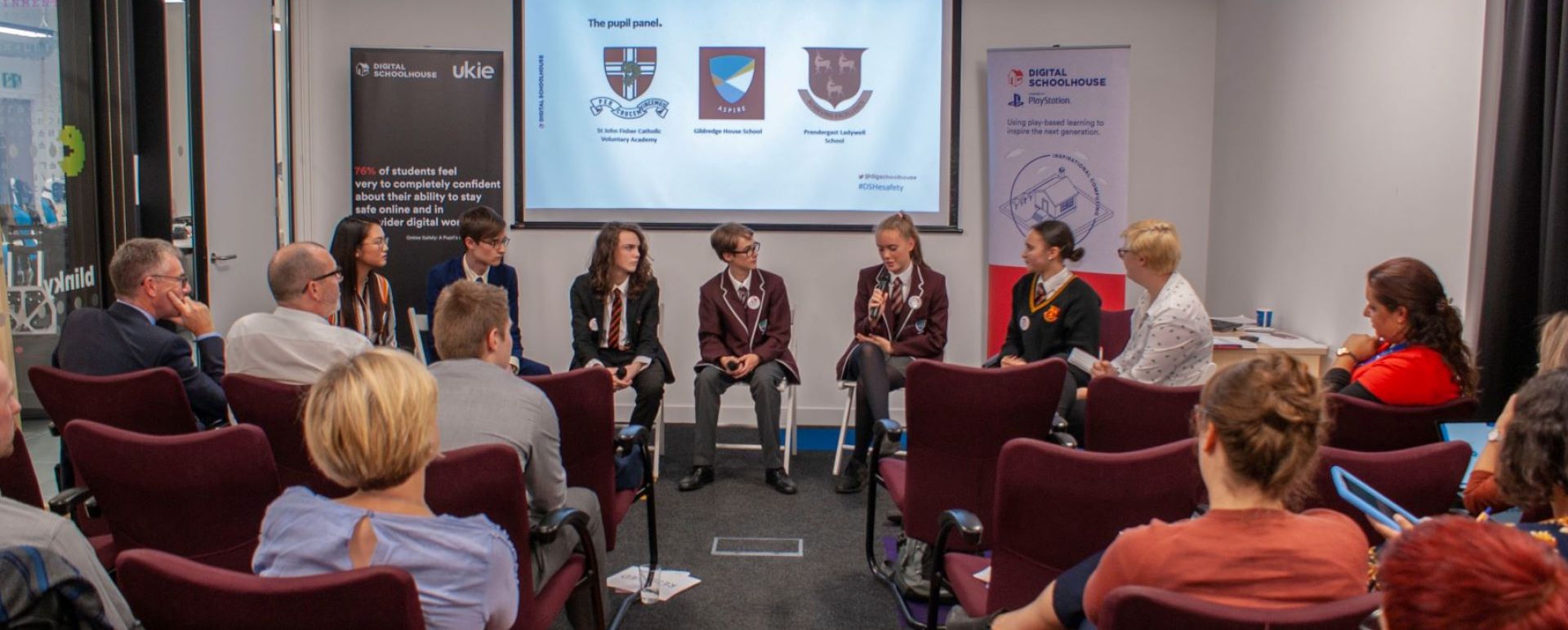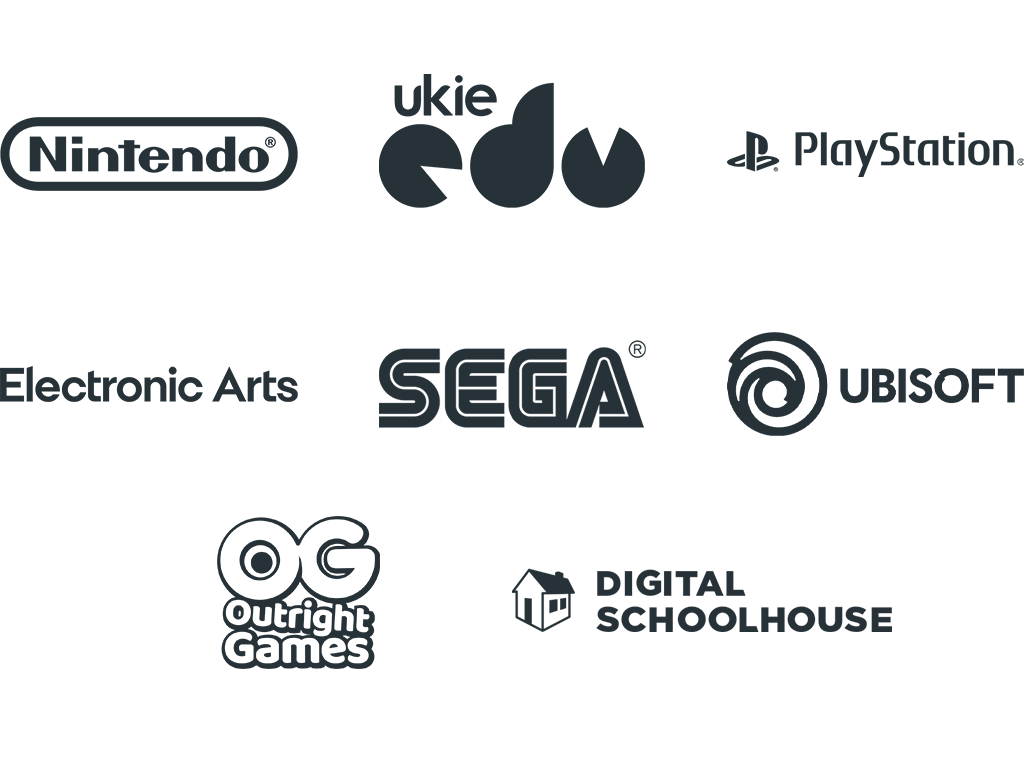
DSH's e-safety report is released with over 2000 pupil insights
This week saw the launch of Digital Schoolhouse in academic instiutions across the UK for the new school year. We chose to focus upon the ‘buzzworthy’ topic of e-safety; an issue that remains ever topical for the video games industry. The importance of discussing the theme of e-safety stems from the fact that it lies at the core of the continuing attempt to strike a balance between the government’s desire to both make the UK the best digital economy in the world, while also making the UK a safe place to live, work and play.
At Digital Schoolhouse (DSH) we have striking this balance at our heart. As the video games industry continues to expand and develop, we see educating and advising the pupils of the generations to come as vitally important. Thus, in June 2018 we released a questionnaire to schools across the UK concerning how students perceive e-safety. With 2304 respondents, the questionnaire proved to be a great success, with findings that have been used to make new and informative conclusions in our brand new e-safety report, Online Safety: A Pupil's Perspective.
Key points from the report include:
- 90% of pupils recognized that e-safety is an issue of importance
- Only 2% of pupils said they had no confidence at all in their own ability to stay safe
- 77% of pupils know where to find information on how to play games safely and responsibly
- 80% of students who play games online know where to find information on playing safely and responsibly, compared to 59% of those that don’t play games online
- Only 19% of students said that their parents set limits about their time spent online and actually enforced it. 35% of students said there were no limits at all
- 63% of parents talk to their children about staying safe online
A key conclusion made was that students do in fact understand the importance of staying safe online, and feel confident about their ability to do so. We found that perhaps the problem being faced by the education system instead lies in the fact that students too readily associate only their computing teachers with e-safety education. While this association is somewhat true, it creates an atmosphere whereby the computing department are too heavily relied upon in regard to e-safety concerns. This has led to e-safety becoming a rather niche topic, through which students do not associate it as a whole school priority. In addition to this, the questionnaire demonstrated that students often felt e-safety education is ‘repetitive’, or that there was simply no use in talking to their parents about e-safety for ‘My mom doesn’t even know how to screenshot’ (15yr old female). We can therefore extract from this that there is a need to continue to upskill teachers and parents, and even students themselves, as the video games industry continues to thrive and develop.
While resources such as AskAboutGames exist to provide advice and support to parents, our questionnaire suggests that there is a greater need for more varied avenues for parents and teachers to gain an insight about e-safety and how it may be affecting their child/ student. As previously noted in Ukie’s response to the Internet Safety Strategy Consultation, there certainly still remains a need to continue to promote awareness and understanding of PEGI age ratings, parental controls and advice on safe gaming.
The Online Safety: A Pupil's Perspective report has thus provided us with a blueprint for how best to develop a set of recommendations, enabling both industry and education to harmoniously improve the provision of e-safety education both in schools and at home. Where there is a consensus between students, teachers and parents about what being ‘e-safe’ is, there exists an environment in which players have a safe and enjoyable experience online.
If you’d like to find out more about what DSH has to offer or opportunities for schools in your area, please do not hesitate to get in touch.
Author: Gemma Cotton

